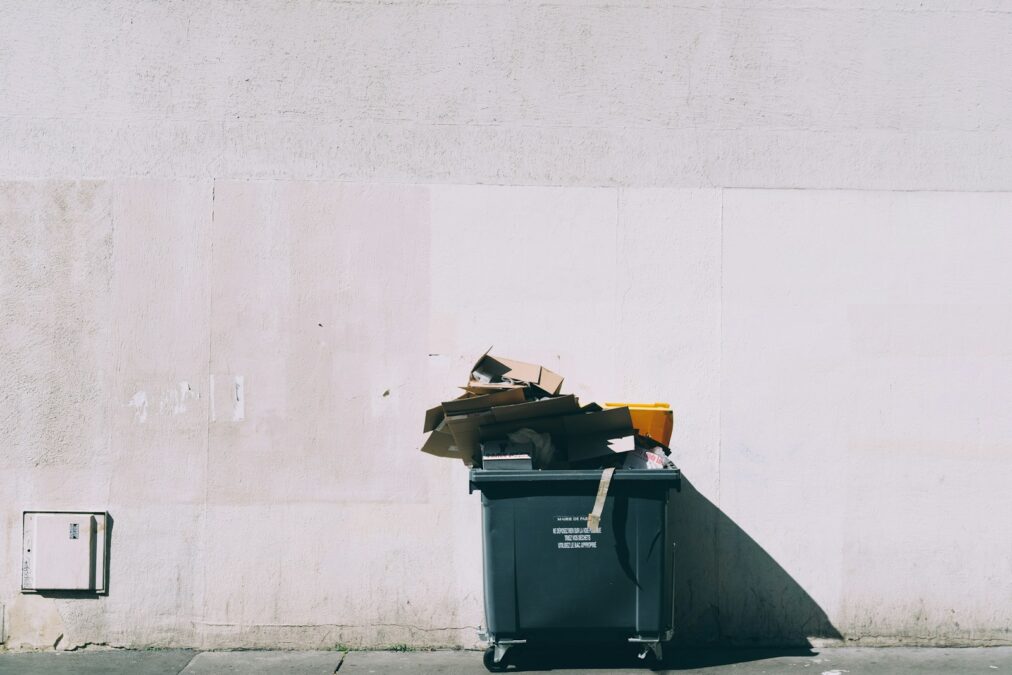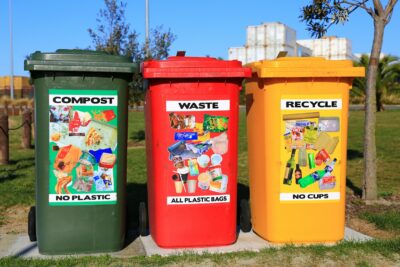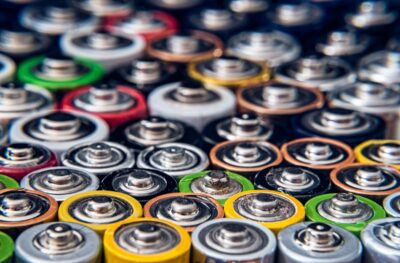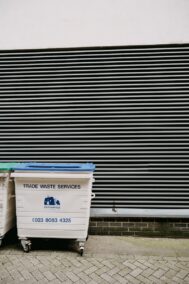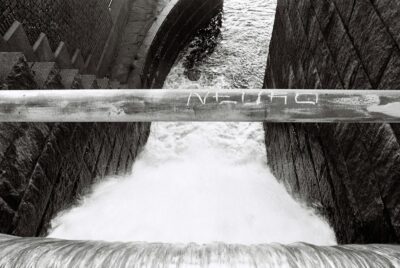Innovative Waste Solutions: The Role of Public-Private Partnerships in Saudi Arabia and UAE
Public-Private Partnerships: A Catalyst for Advanced Waste Management Technologies
In the realm of environmental sustainability, advanced waste management technologies are increasingly recognized as critical to addressing the growing challenge of waste disposal. In regions like Saudi Arabia and the UAE, public-private partnerships (PPPs) have emerged as a powerful mechanism for driving the development and implementation of these technologies. By leveraging the combined resources and expertise of both the public and private sectors, these partnerships are paving the way for innovative solutions that promise to transform waste management infrastructure.
Saudi Arabia has been proactive in embracing PPPs to enhance its waste management capabilities. The government’s Vision 2030 initiative underscores the importance of sustainable practices, and through strategic alliances with private enterprises, the country is making significant strides. For instance, the collaboration between the National Waste Management Center and various private companies has led to the deployment of state-of-the-art recycling and waste-to-energy technologies. These advancements are not only mitigating the environmental impact of waste but also creating new economic opportunities.
Similarly, in the UAE, cities like Dubai are setting benchmarks for waste management excellence. Dubai Municipality’s partnership with international firms has resulted in the establishment of cutting-edge waste treatment facilities. These facilities utilize artificial intelligence (AI) and blockchain technologies to optimize waste sorting, enhance recycling rates, and ensure traceability in the waste management process. By fostering such collaborations, the UAE is demonstrating how PPPs can accelerate the adoption of advanced technologies, ultimately contributing to the broader goals of environmental sustainability and economic diversification.
AI and Blockchain: Revolutionizing Waste Management in Riyadh and Dubai
Artificial intelligence and blockchain are two technologies that are revolutionizing waste management systems, particularly in urban centers like Riyadh and Dubai. The integration of AI into waste management processes offers numerous benefits, from improving efficiency to reducing operational costs. AI-powered systems can analyze vast amounts of data to optimize waste collection routes, predict maintenance needs, and enhance the overall effectiveness of waste treatment facilities. In Riyadh, the adoption of AI-driven waste management solutions is helping the city address the challenges posed by rapid urbanization and population growth.
Blockchain technology, on the other hand, ensures transparency and accountability in the waste management supply chain. By providing an immutable record of waste transactions, blockchain helps prevent illegal dumping and ensures compliance with environmental regulations. Dubai’s Smart City initiative includes several blockchain-based projects aimed at enhancing waste management. For example, the blockchain-enabled waste tracking system implemented by Dubai Municipality has significantly improved the accuracy and reliability of waste data, facilitating better decision-making and resource allocation.
The synergy between AI and blockchain in waste management is particularly evident in the development of smart waste management systems. These systems integrate sensors, data analytics, and blockchain to create a comprehensive platform for monitoring and managing waste in real-time. In Riyadh, smart waste bins equipped with sensors provide real-time data on fill levels, enabling more efficient collection schedules. In Dubai, blockchain technology is used to verify the integrity of recycled materials, ensuring that they meet the required standards for reuse. These innovations highlight the transformative potential of AI and blockchain in creating more sustainable and efficient waste management systems.
Enhancing Business Success Through Sustainable Waste Management Practices
For businesses in Saudi Arabia and the UAE, adopting advanced waste management technologies is not only an environmental imperative but also a strategic advantage. Sustainable waste management practices can lead to significant cost savings, enhance brand reputation, and open up new revenue streams. By partnering with public entities, businesses can access the latest technologies and best practices in waste management, ensuring compliance with environmental regulations and meeting the growing demand for corporate social responsibility.
In Saudi Arabia, companies are increasingly recognizing the value of sustainable waste management. The integration of advanced technologies such as AI and blockchain into waste management processes is helping businesses reduce their environmental footprint while also improving operational efficiency. For instance, companies in the industrial sector are using AI-powered systems to optimize waste segregation and recycling, thereby reducing disposal costs and minimizing environmental impact.
Similarly, in the UAE, businesses are leveraging public-private partnerships to enhance their waste management capabilities. Dubai’s commitment to becoming a zero-waste city by 2030 has spurred numerous collaborations between the government and private enterprises. These partnerships are driving the adoption of innovative waste treatment technologies, such as waste-to-energy and advanced recycling systems. By participating in these initiatives, businesses are not only contributing to environmental sustainability but also gaining a competitive edge in the market.
Leadership and Management Skills: Key to Successful Waste Management Projects
The successful implementation of advanced waste management technologies requires strong leadership and effective project management skills. In both Saudi Arabia and the UAE, leaders in the public and private sectors are playing a crucial role in driving waste management initiatives. Effective leadership ensures that projects are aligned with strategic objectives, resources are allocated efficiently, and stakeholders are engaged throughout the process.
Project management skills are particularly important in the context of complex waste management projects, which often involve multiple stakeholders and intricate logistical challenges. In Riyadh, for example, the development of a comprehensive waste management strategy required meticulous planning and coordination among various government agencies, private companies, and community organizations. By adopting best practices in project management, leaders were able to successfully navigate these challenges and deliver a robust waste management system.
In Dubai, the emphasis on leadership and management skills is evident in the city’s approach to waste management. Dubai Municipality has established a dedicated team of experts to oversee the implementation of advanced waste management technologies. This team is responsible for ensuring that projects are executed efficiently, budgets are adhered to, and outcomes are measured against predefined targets. The success of Dubai’s waste management initiatives underscores the importance of leadership and project management in achieving sustainable environmental outcomes.
Conclusion: The Future of Waste Management in Saudi Arabia and UAE
As Saudi Arabia and the UAE continue to prioritize sustainability, the role of advanced waste management technologies will become increasingly important. Public-private partnerships will be at the forefront of this transformation, driving the development and implementation of innovative waste solutions. By leveraging the combined strengths of the public and private sectors, these partnerships can create a more sustainable and efficient waste management infrastructure.
The integration of AI and blockchain technologies will further enhance the capabilities of waste management systems, enabling real-time monitoring, improved efficiency, and greater transparency. For businesses, adopting these advanced technologies offers a pathway to both environmental and economic benefits, reinforcing the importance of sustainable practices in achieving long-term success.
In conclusion, the future of waste management in Saudi Arabia and the UAE is bright, with public-private partnerships playing a pivotal role in driving progress. By embracing advanced technologies and fostering collaboration, these nations are setting a global standard for sustainable waste management practices.
—
#AdvancedWasteManagement #WasteManagementTechnologies #PublicPrivatePartnerships #AIinWasteManagement #BlockchainWasteManagement #Sustainability #EnvironmentalLeadership #SmartWasteManagement #RiyadhWasteManagement #DubaiWasteManagement

